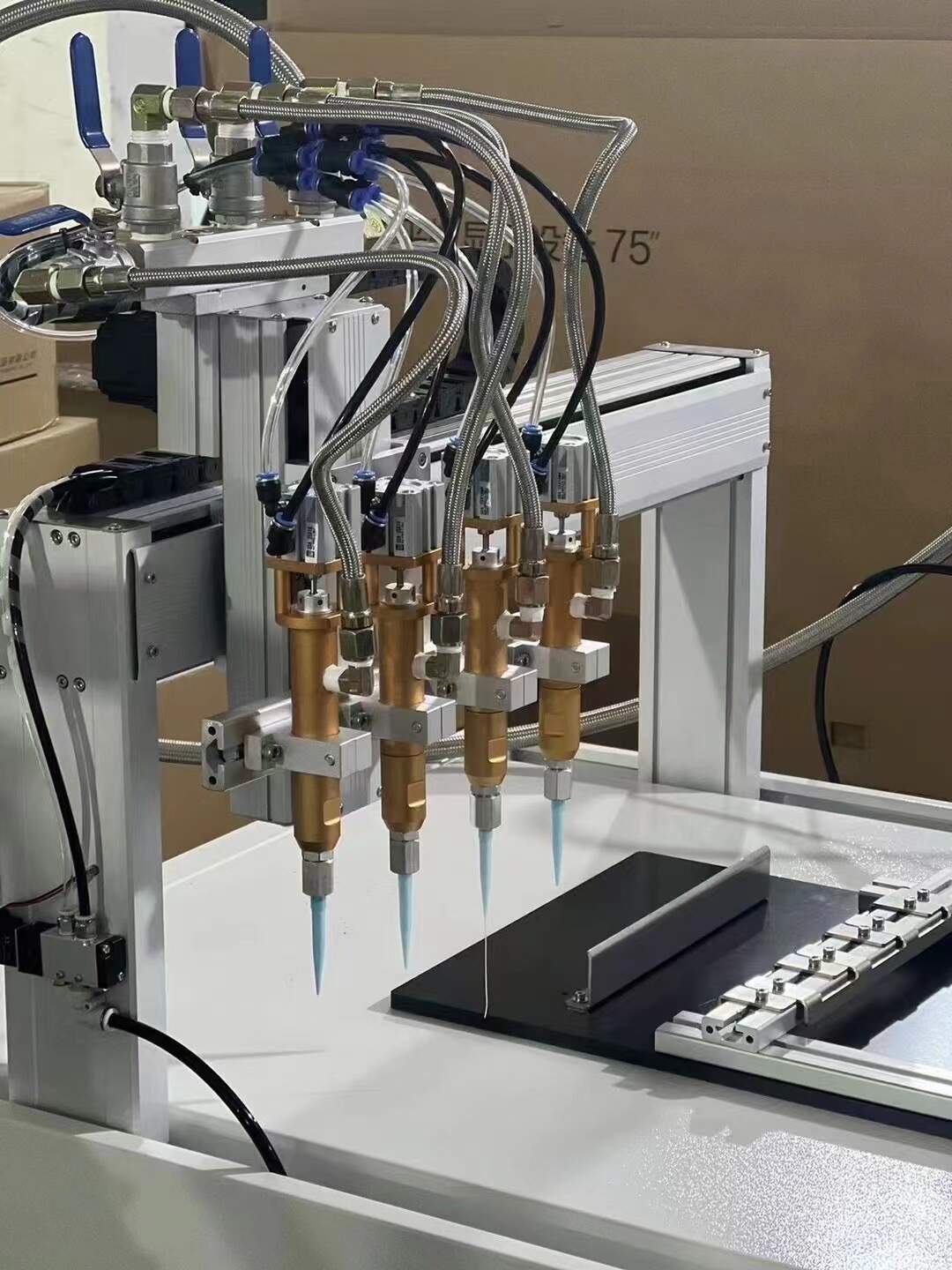Ошибка формата электронной почты
emailCannotEmpty
emailDoesExist
pwdLetterLimtTip
inconsistentPwd
pwdLetterLimtTip
inconsistentPwd

Новости
Здесь вы можете описать кусок текста, который хотите выразить

The Design and Functionality of Kiosks: Providing Smart Solutions for Malls and Retail Spaces
In the rapidly evolving world of retail, innovation is crucial to staying ahead of the competition. One of the most versatile and impactful solutions gaining traction is the kiosk. These self-service stations, often referred to as "smart kiosks," are becoming essential fixtures in malls, shopping centers, and other retail environments. They offer a range of functions that enhance customer experience, streamline operations, and improve overall efficiency. This article explores the design and functionality of kiosks and how they provide intelligent solutions for modern retail spaces.
1. The Rise of Kiosks in Retail Spaces
Kiosks have become an integral part of the retail landscape in recent years. Traditionally, kiosks were used for basic tasks such as ticketing or information dissemination. However, with the advancement of technology, modern kiosks have evolved into multifunctional, interactive devices that can handle a wide variety of customer-facing tasks.
From ordering food at a fast-casual restaurant to checking out items in a department store, kiosks are revolutionizing the retail experience. By offering a self-service option, they not only reduce the need for human interaction but also provide customers with a faster, more convenient way to complete transactions and access services.
2. Key Features of a Modern Kiosk Design
When designing a kiosk for a retail environment, several factors must be considered to ensure that it meets both functional and aesthetic needs. Here are some of the key features:
a. User-Friendly Interface: The kiosk should have an intuitive and easy-to-navigate interface. This includes clear touchscreens with simple, well-organized menus. A user-friendly design ensures that even customers who are unfamiliar with technology can use the kiosk with minimal effort.
b. Customization Options: Kiosks should be flexible enough to adapt to the specific needs of a business. Customization options include branding features, tailored product offerings, and the ability to integrate with existing point-of-sale (POS) systems. A personalized interface enhances customer engagement and brand recognition.
c. Payment Processing Integration: One of the most essential functions of a modern kiosk is the ability to handle secure payment transactions. Integrating payment gateways that accept credit cards, mobile wallets, or even cryptocurrencies ensures that the kiosk can serve as a full-fledged point of sale.
d. Multilingual Support: To cater to a diverse customer base, kiosks can be equipped with multilingual capabilities. This feature helps bridge language barriers and makes the kiosk accessible to a broader audience.
e. Accessibility Features: In compliance with modern accessibility standards, kiosks should be designed to accommodate all users, including those with disabilities. This can include features such as adjustable screen heights, audio assistance, and support for screen readers.
3. Functions and Applications of Kiosks in Retail
Modern kiosks offer a wide array of functionalities that benefit both retailers and customers. Some common uses include:
a. Self-Checkout Stations: Self-checkout kiosks allow customers to scan, bag, and pay for their items without the need for a cashier. This reduces wait times and frees up staff to assist with more complex tasks. It also provides a level of privacy for customers who prefer not to engage with a cashier.
b. Product Information and Recommendations: Kiosks can provide in-depth product information, helping customers make informed purchasing decisions. They can also suggest complementary products or offer promotions based on the customer's interests or past purchases.
c. Digital Directories and Maps: In large retail spaces such as malls, kiosks can act as interactive directories, guiding customers to the stores or services they’re looking for. With real-time updates, these kiosks help improve navigation and enhance the shopping experience.
d. Interactive Advertising: Kiosks are also a great platform for interactive advertising. Retailers can use kiosks to showcase targeted ads, promotions, or videos, turning these devices into dynamic marketing tools. The ability to customize content based on the time of day, location, or even customer demographics offers a powerful way to engage with potential buyers.
e. Queue Management: Kiosks are increasingly used to manage queues and waiting times in busy retail environments, such as food courts or customer service centers. Customers can check-in via a kiosk, receive a queue number, and be notified when it's their turn, improving customer flow and satisfaction.
4. Enhancing Customer Experience Through Smart Technology
The introduction of advanced technologies such as artificial intelligence (AI) and machine learning has elevated the capabilities of kiosks. AI can help kiosks understand customer preferences, provide tailored recommendations, and even predict what items the customer may be interested in based on previous interactions.
Additionally, integrating kiosks with mobile apps or loyalty programs allows retailers to create a seamless, omnichannel experience. For example, customers can check product availability via their smartphones, place an order on a kiosk, and have it ready for pickup or delivery.
5. The Future of Kiosk Technology in Retail
As retail continues to embrace digital transformation, kiosks are expected to become even more advanced. With the rise of facial recognition, augmented reality (AR), and contactless technologies, kiosks will become even more efficient and personalized. For instance, AR-enabled kiosks could allow customers to virtually try on clothing or view furniture in their homes before making a purchase.
Furthermore, the integration of smart kiosks with Internet of Things (IoT) technology will enable kiosks to provide real-time inventory updates, track foot traffic patterns, and even monitor environmental factors like temperature and air quality. This data can help retailers optimize operations and improve the overall shopping experience.
Conclusion
Kiosks are fast becoming an essential component of modern retail spaces, offering a wide range of functions that cater to the needs of both businesses and consumers. With their ability to provide self-service options, enhance customer experience, and streamline operations, kiosks represent a smart solution for any retail environment. As technology continues to evolve, the potential applications for kiosks in retail are limitless, making them a valuable investment for forward-thinking businesses looking to stay ahead in a competitive marketplace.

